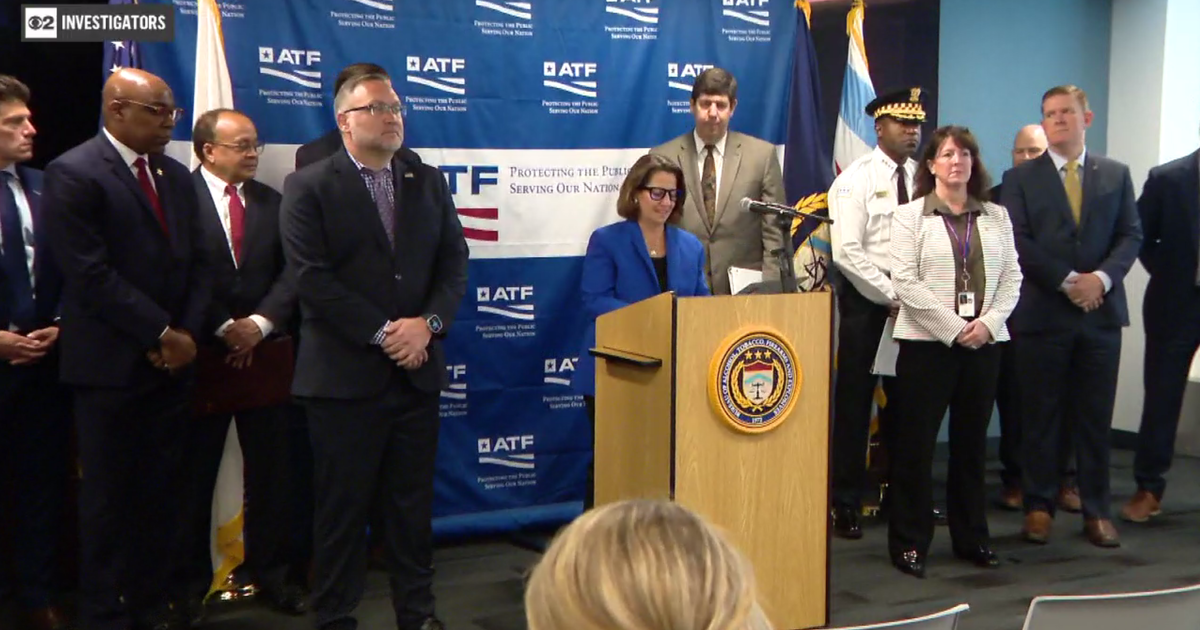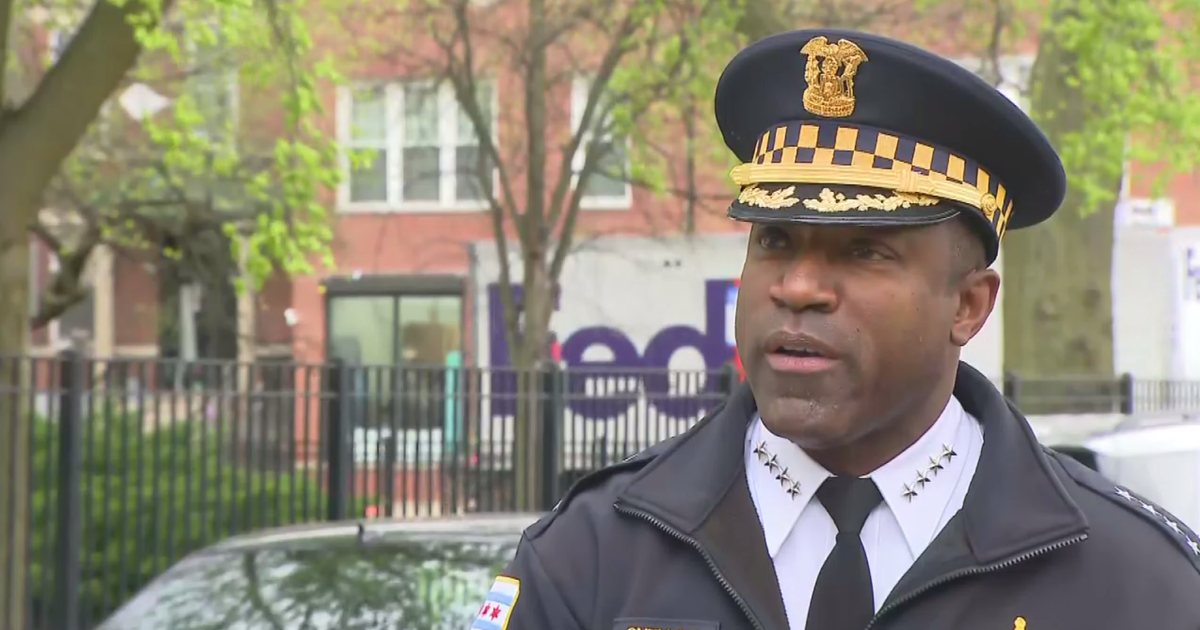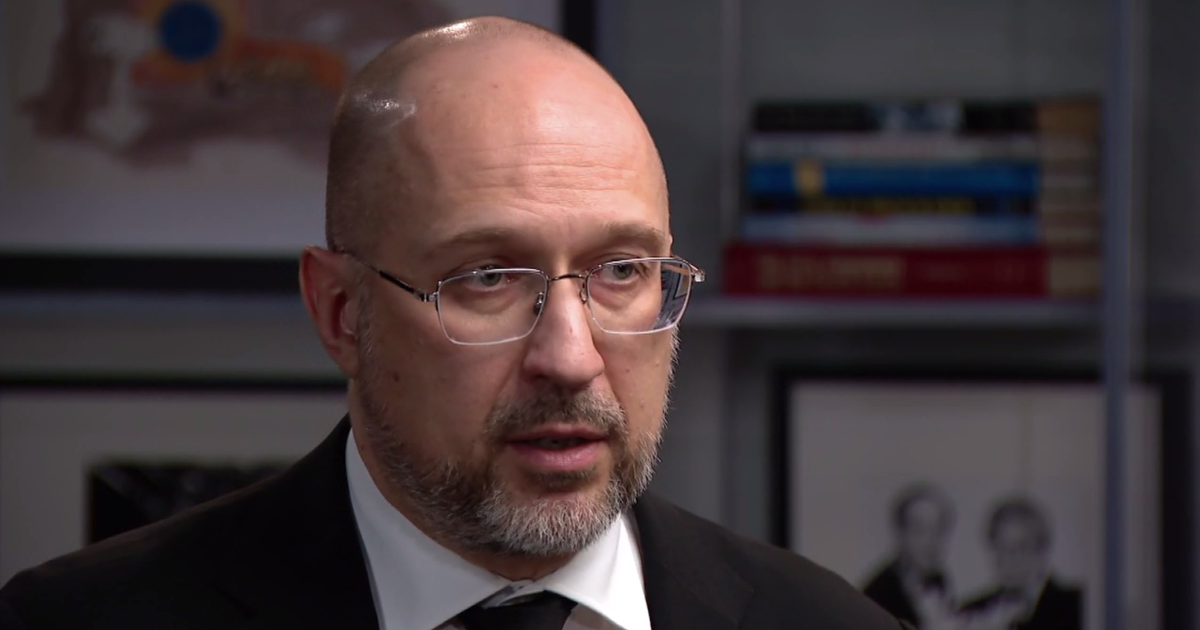Expert: Turning Clocks Back Doesn't Translate To Extra Sleep For Everyone
CHICAGO (CBS) -- Clocks get turned back an hour this weekend, but not everyone will be taking advantage of it to get more sleep.
Rush University Medical Center sleep disorder expert Dr. James Wyatt said research indicates there are more traffic accidents on the Sunday after the fall time change, perhaps because of greater alcohol use, and people staying up a little later.
He suggested people instead use the time to catch up on some sleep, and get the extra hour of rest that's right there for them. Wyatt said people need 7 to 9 hours of sleep per night, and this is one weekend they should take advantage of having an extra hour of time.
"From what we call our circadian rhythms, our brain's 24-hour clock point of view, it is like one time zone of jet lag, both in the spring and in the fall," he said. "For most people it takes one to two days to get over a time zone shift in jet lag, or Daylight Saving Time."
Podcast
Wyatt said he and other sleep disorder specialists would prefer eliminating time changes in the spring and fall.
"We would prefer to have the same time all year long, so that twice a year people don't have involuntary jet lag symptoms," he said.
In the United States, daylight saving time wasn't first tried until 1918, but wasn't put into effect on a regular basis until the 1940s. Wyatt said the reasons time changes may have been needed then are no longer relevant.
"There's a lot of things we've been doing in that last 100 years as well. So, for example, with the inventions of electricity and electric light, we're able to extend the evening hours far later than we used to," he said. "Also, Ford gave us shift work and assembly line, so we're having a 24-hour-a- day society; things we didn't really have 100 years ago."



